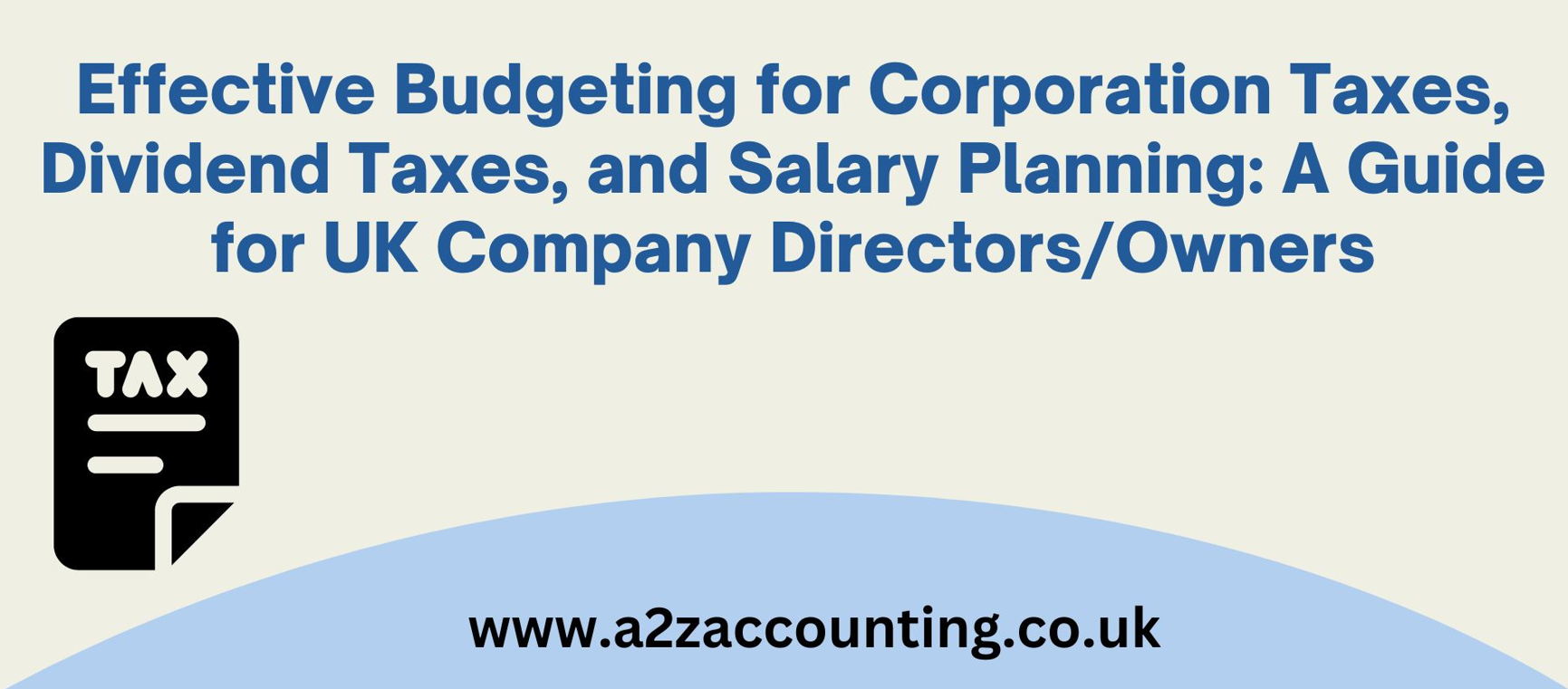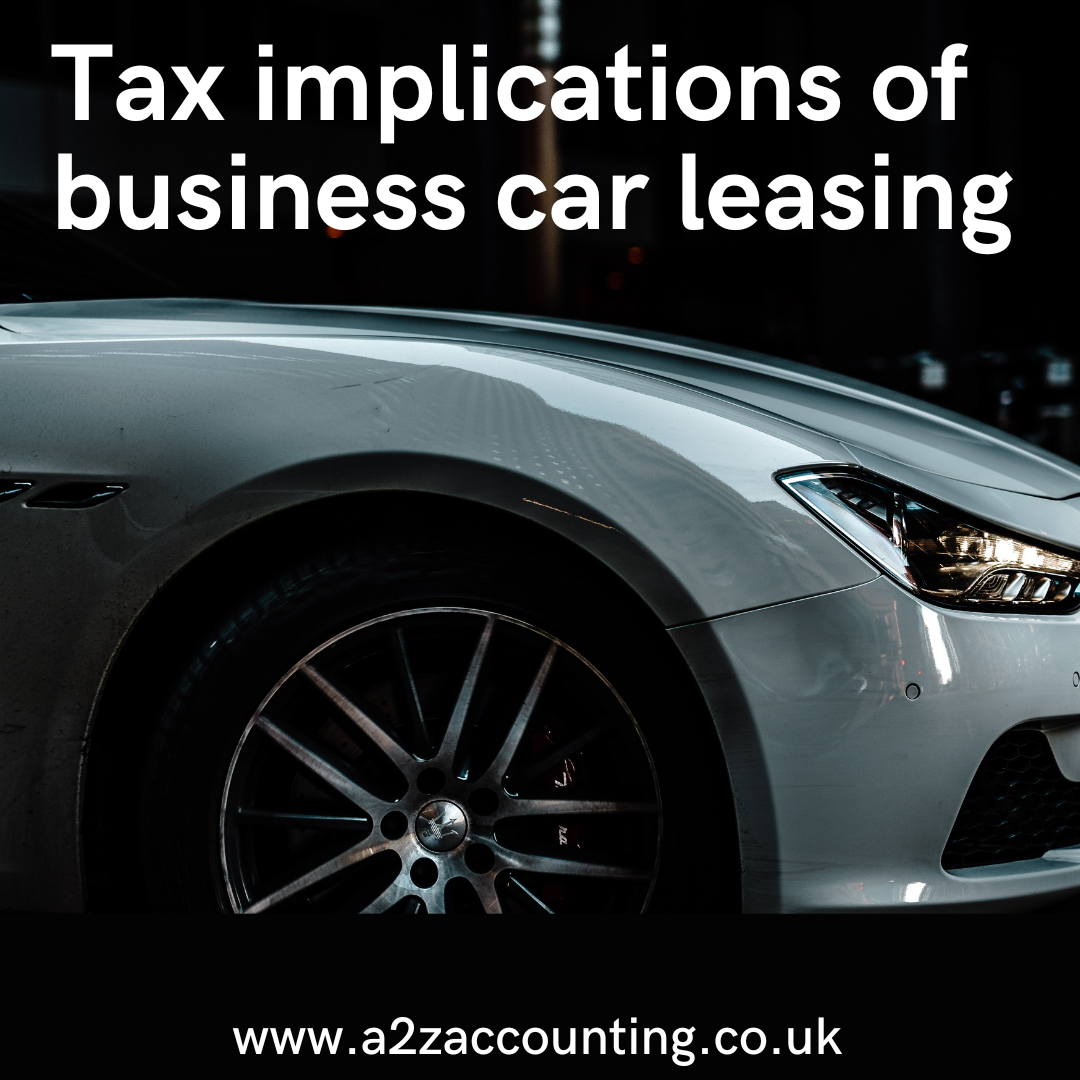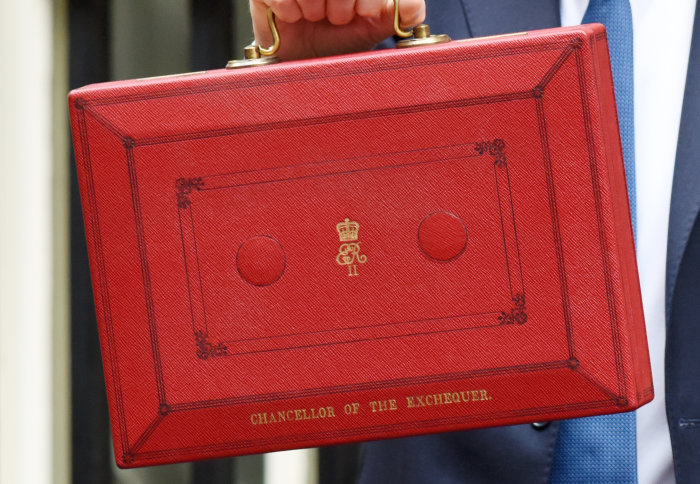Buying a company car is considered quite a good option to save overall tax liability. However, the benefits differ for sole proprietorships and for limited companies and it also depends on the CO2 emissions of the vehicle purchased.
The director of a company can either buy the car through the company or he can own the car personally and claim mileage.
If the director buys the car through a company and then also uses it personally, this gives rise to a taxable benefit. The benefit arising on the private use of the company car depends upon the CO2 emission percentage of the car. In this case the amount of benefit can range from 0% in the case of fully electric cars, up to 37% (max) in the case of cars with very high CO2 emission. Apart from the taxable benefit arising for individual, company will have to pay Class 1A employer’s NI on the value of the benefit.
Taxable benefit does not only arise in case of cars purchased by a company and then used by a director for personal use, it also applies in cases where the car is leased instead of bought.
If the director instead owns the car personally and then also uses it for business purpose, here they can claim mileage expense.
The below mentioned are the prerequisites for claiming mileage expense:
• Car must be privately owned by the director.
• The director must maintain a log of travel he undertook for the purpose of business.
Business travel means any amount necessarily expended on travelling and subsistence in the performance of duties. It however does not include everyday commute from home to the usual place of work. It includes travelling to clients. place for performance of duties, temporary workplace and business shopping.
Currently, HMRC’s business mileage claim rates are @ £0.45/mile for first 10,000 miles and @ £0.25/mile for beyond the first 10,000 miles.
Whether to buy the car personally or through a company?
It depends on the individual case. If it is the case where the car purchased is either a fully electric car or a hybrid car with very less emissions and good range, in that case it might be a better option to purchase the car through a company. Reason being, a fully electric car does not give rise to any taxable benefit for the director for private use.
However, in most cases where the car purchased is generally not a fully electric car, the private use of the car by director gives rise to taxable benefit for director and also gives rise to Class 1A NIC Contribution by company.
In case where the director buys the car personally and then claims mileage expense from a company, the company reimburses the director for this amount and also claims it as business expense, reducing profits and therefore Corporation tax liability.
Moreover, this method does not create any additional Income tax benefit for the director or any additional NIC liability for the company.
Therefore, our general advice to clients would be to buy the cars personally and claim mileage expense. But our advice might differ depending on their specific case. Hence, it is always a better option to consult an accountant before making the decision.












